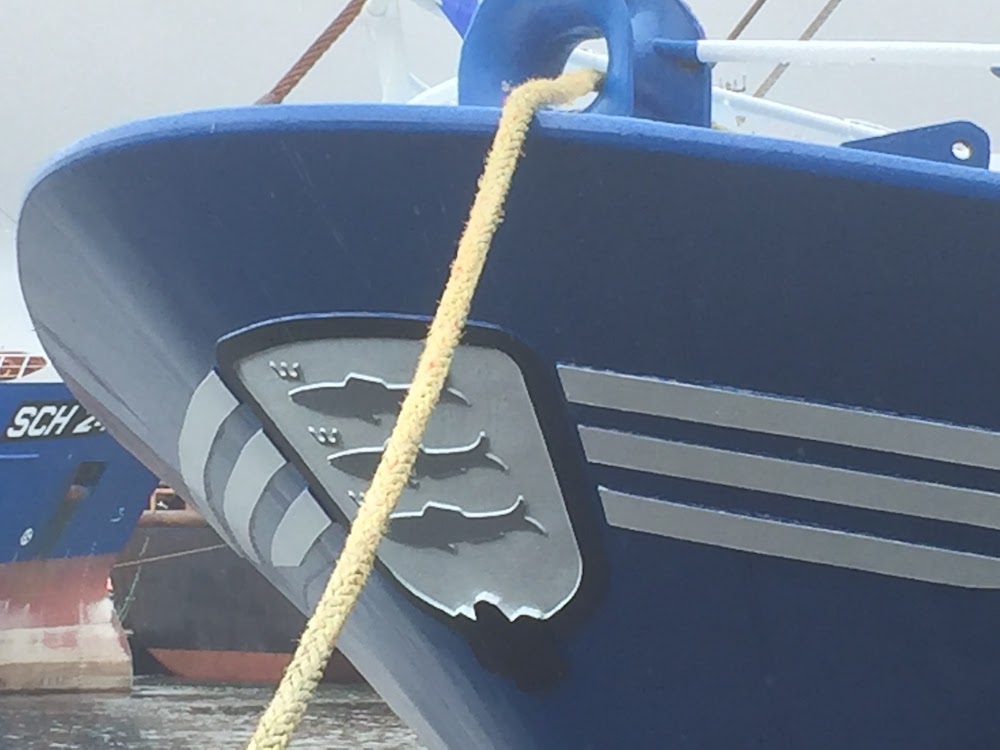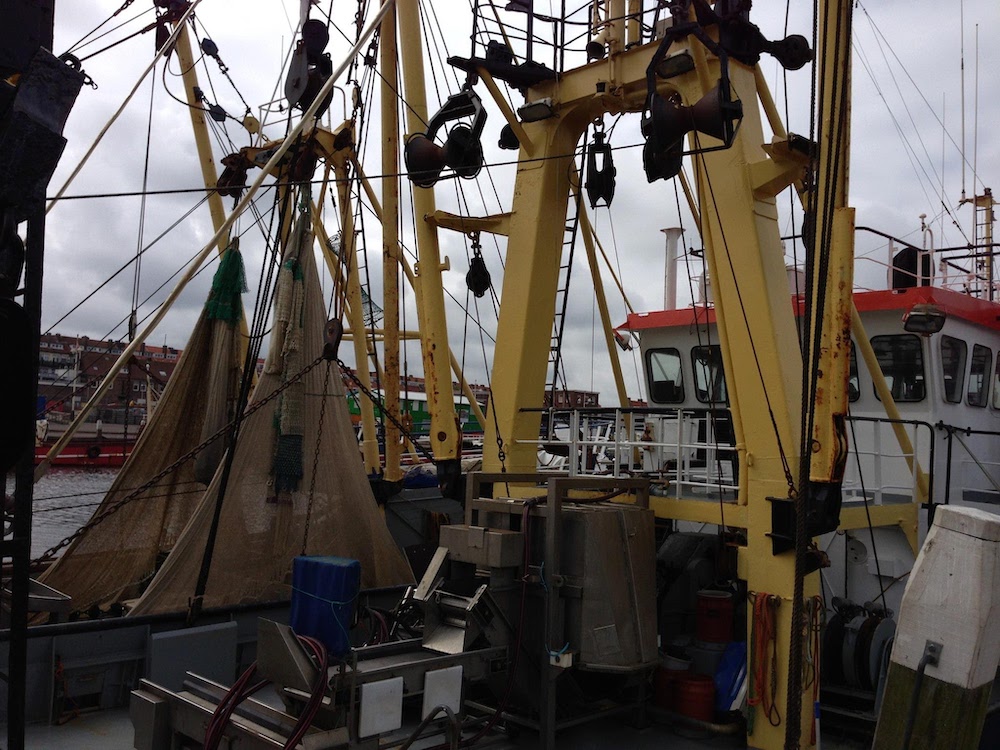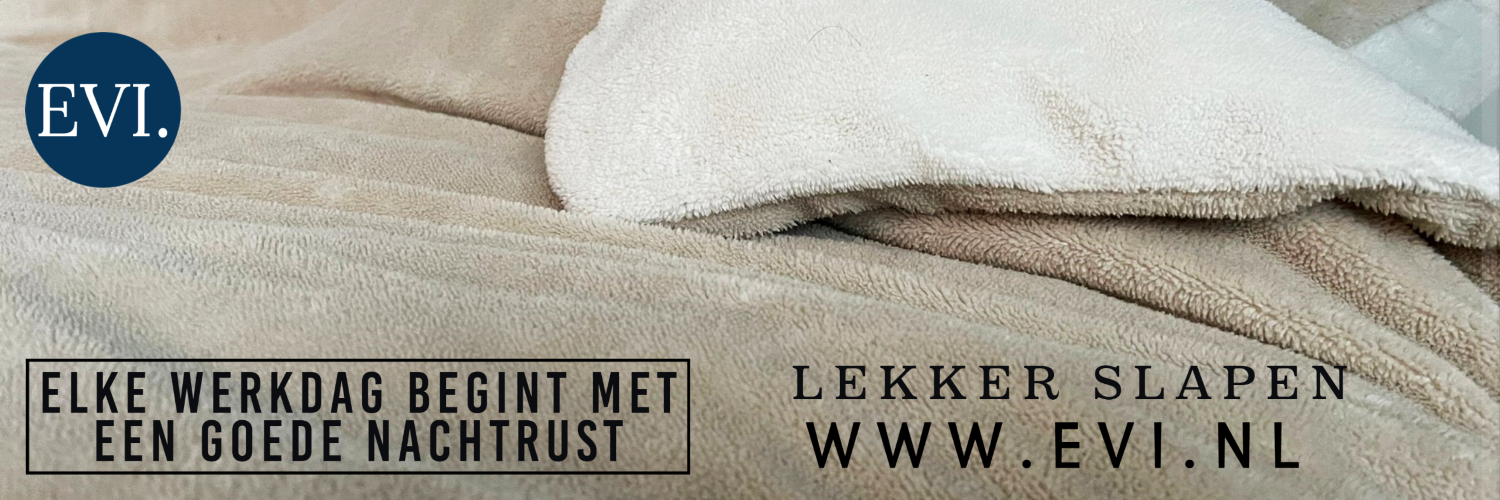Reducing the supply of North Sea fish has far-reaching consequences for the entire fishing chain.
The announced restructuring scheme, intended to compensate Dutch fishermen for lost fishing quotas as a result of Brexit, has a surprising outcome. The latest figures show that only 54 of the 72 fishermen initially approved for the scheme actually scrapped their cutters.
This conclusion emerged after a thorough analysis by Wageningen Economic Research (WEcR) at the request of the Ministry of Agriculture, Nature and Food Quality (LNV). This unforeseen drop in participation suggests that the decrease in the supply of North Sea fish by the Dutch fishing fleet will be less drastic than previously anticipated.
Fishermen had until July 31 to comply with the scheme's criteria, which include scrapping or rendering their vessels unusable. RVO will verify in the coming weeks whether all participants meet the criteria.
Despite these setbacks, the fishing industry is in a turbulent phase, with financial and environmental challenges on the horizon. Minister Piet Adema of LNV has already introduced various financial support measures and continues to work on further sustainability and innovation within the sector. He is also working on shaping a future-oriented vision on food extraction from the sea and large waters.

The need for the restructuring scheme arose after the Netherlands lost significant fishing quotas due to the UK's departure from the EU. Of the 146 Dutch fishing vessels that were eligible, the majority are cutters that fish for flatfish, such as sole and plaice.
In order to map out the socio-economic impact of the cutter remediation, WEcR various scenarios have been examined for the fishing industry, the fishing chain and the fishing regions. This looked at the historical activity (2018-2021) of the 71 registered vessels that had an approved application on 1 April 2023 and varied with the number of fishermen that would actually use the scheme. Incidentally, after the start of the investigation, another ship was eligible for the remediation subsidy, bringing the grand total to 31 ships on 72 July.
The most impact scenario, in which all 71 vessels in the study are rehabilitated and remaining fishermen do not increase their efforts, leads to a 63% reduction in fish landings for sole, 62% for plaice and 29% for cod.
The scenario has the least effect in which 80% of the 71 fishermen are rehabilitated and the remaining fishermen increase their fishing efforts. This leads to a decrease in landings of 32% for sole, 31% for plaice and 15% for cod. Because it now appears that fewer ships actually want to make use of the remediation scheme than studied in the scenarios, the consequences for supply will probably be smaller than calculated for WEcR.

“The Netherlands has traditionally been associated with fishing. We must cherish that. The fishing fleet of the future will be different: smaller and focused on sustainable fishing techniques, so that the sector can also become economically healthy again. This requires entrepreneurship from fishermen and a clear future perspective on food production at sea from the government. I hope to be able to present that vision for the future in the short term.”
Piet Adema, outgoing minister of Agriculture, Nature and Food Quality
Reducing the supply of North Sea fish has far-reaching consequences for the entire fishing chain and associated fishing communities, according to recent research. In addition to the direct economic consequences, social and cultural impacts are also determined.
In response to this, outgoing minister Adema released an amount of € 30 million. This financial injection is intended to support both the seafood chain and the communities in their search for new perspectives and to help them adapt to the shifts within the industry.
The Administrative Platform for Fisheries has taken on the task of drawing up a 'Fisheries Development Plan' in close cooperation with the parties involved and the Ministry of Agriculture, Nature and Food Quality. This plan is likely to guide future initiatives and measures to ensure the sector's resilience and sustainability.


